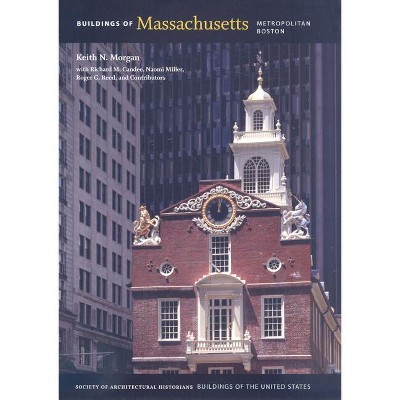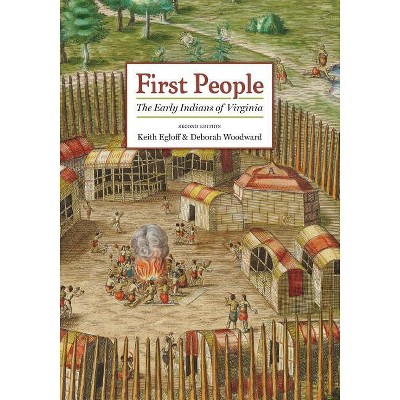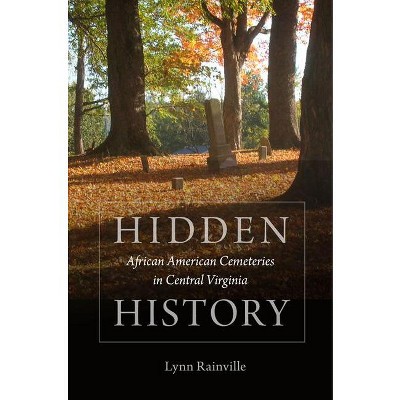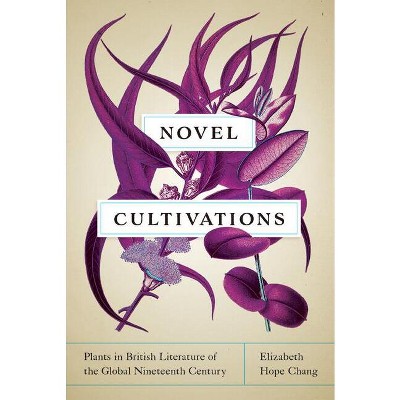About this item
Highlights
- Mostly hidden from public view, like an embarrassing family secret, scores of putative locks of George Washington's hair are held, more than two centuries after his death, in the collections of America's historical societies, public and academic archives, and museums.
- About the Author: Keith Beutler is Professor of History at Missouri Baptist University.
- 296 Pages
- History, United States
Description
About the Book
"This book examines how physical relics, such as locks of George Washington's hair, figured into the construction of popular memory in the early United States"--Book Synopsis
Mostly hidden from public view, like an embarrassing family secret, scores of putative locks of George Washington's hair are held, more than two centuries after his death, in the collections of America's historical societies, public and academic archives, and museums. Excavating the origins of these bodily artifacts, Keith Beutler uncovers a forgotten strand of early American memory practices and emerging patriotic identity.
Between 1790 and 1840, popular memory took a turn toward the physical, as exemplified by the craze for collecting locks of Washington's hair. These new, sensory views of memory enabled African American Revolutionary War veterans, women, evangelicals, and other politically marginalized groups to enter the public square as both conveyors of these material relics of the Revolution and living relics themselves.
George Washington's Hair introduces us to a taxidermist who sought to stuff Benjamin Franklin's body, an African American storyteller brandishing a lock of Washington's hair, an evangelical preacher burned in effigy, and a schoolmistress who politicized patriotic memory by privileging women as its primary bearers. As Beutler recounts in vivid prose, these and other ordinary Americans successfully enlisted memory practices rooted in the physical to demand a place in the body politic, powerfully contributing to antebellum political democratization.
Review Quotes
Beutler convincingly argues that an array of scientific, philosophical, and religious ideas about the very nature of memory shaped how Americans used physical objects to open up possibilities for more 'democratic' participation in the Revolutionary commemorations that were so important to national political and cultural life.
--The Journal of Interdisciplinary HistoryHow do you cherish the memory of your dead father? Keith Beutler's fascinating book suggests this is more complicated than we might expect. In investigating this unexplored aspect of the founding, Beutler reveals there is more here than meets the eye.
--Robert G. Parkinson, Binghamton UniversityKeith Beutler teases new meaning from venerable historical relics, clipped and collected since the winter at Valley Forge. George Washington's hair emerges as a pocket-sized counterpart to Mount Vernon or the Washington Monument, all memory-objects that richly illuminate the story of American national identity.
--Susan P. Schoelwer, George Washington's Mount VernonRiffing on George Washington's hair, Beutler follows nineteenth century antiquarians, free Blacks, educators, and evangelicals as they tried to hold on to the founding era while making sense of their own. This lively book wears its erudition lightly.
--Catherine E. Kelly, William and MaryThough historians have explored how democracy transformed American life and by extension patriotic memory, Beutler contends the opposite, arguing that the 'popular redefinition of the faculty of memory itself causally contributed to the young nation's democratization.'... A significant contribution to the historiography.
--The William and Mary QuarterlyBeutler's research and descriptive skills are formidable....George Washington's Hair is a meaningful advancement in the study of objects as fulsome historical documents in their own right.--Journal of American History
Beutler's work demonstrates the way the American people applied a new understanding of memory to their own past in the eighteenth and nineteenth centuries and his scholarship is important, because that understanding echoes in the twenty-first.--H-War
About the Author
Keith Beutler is Professor of History at Missouri Baptist University.






